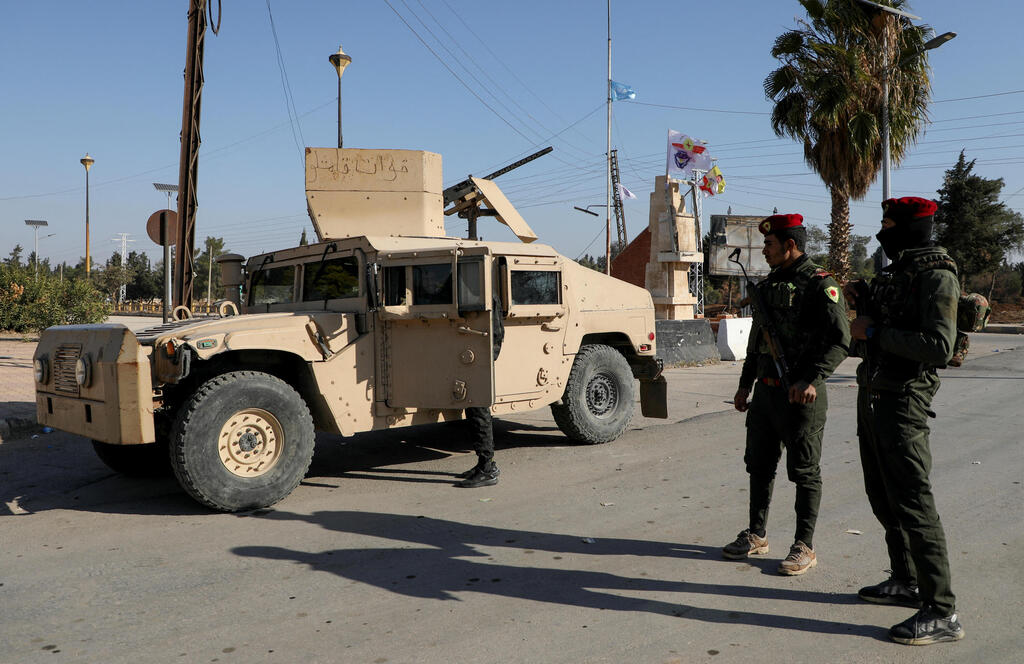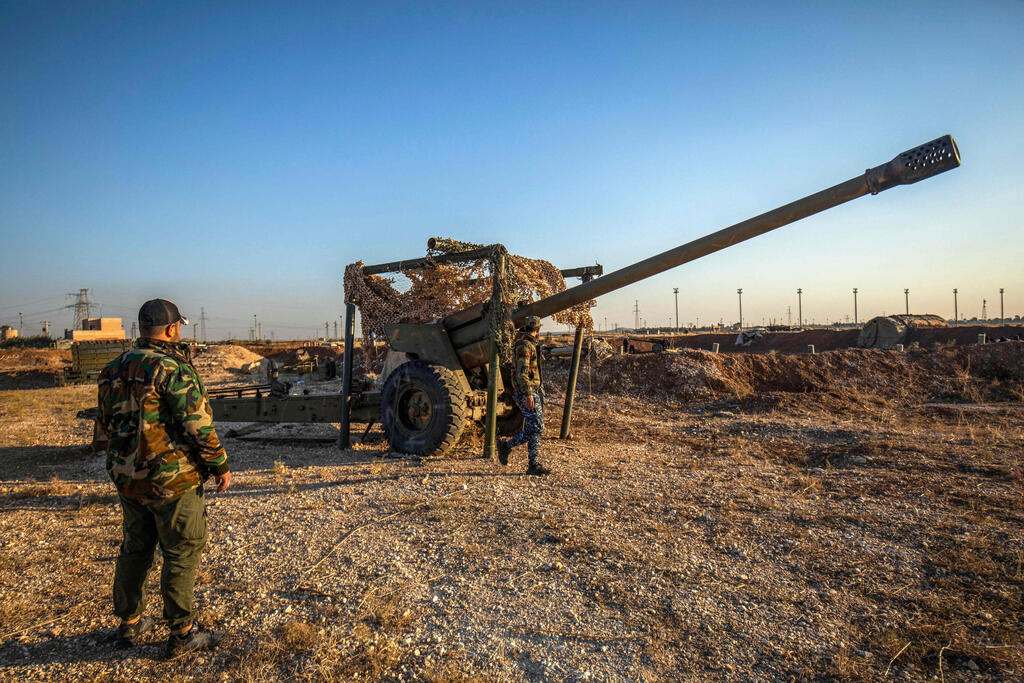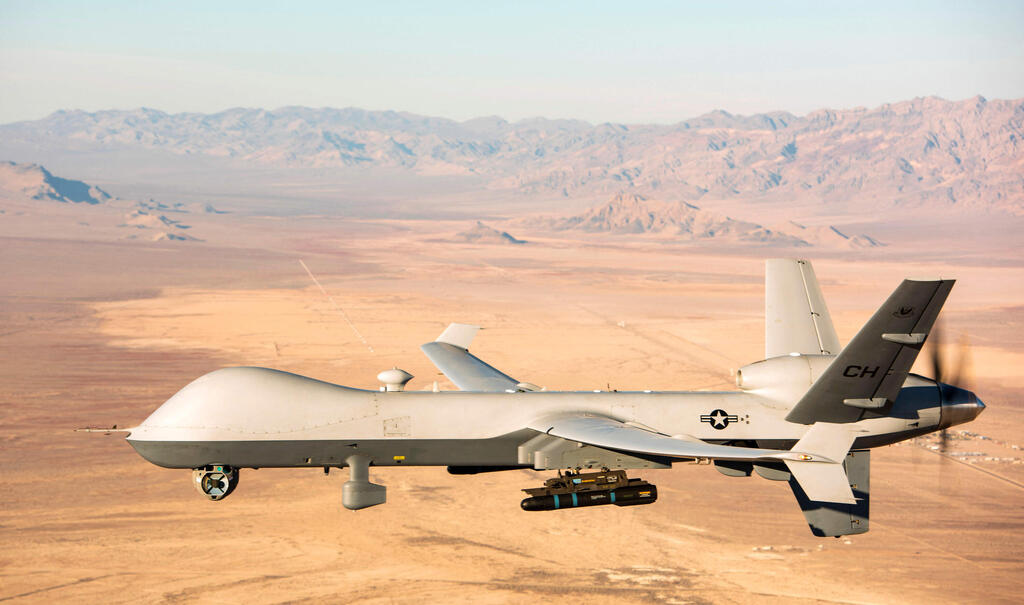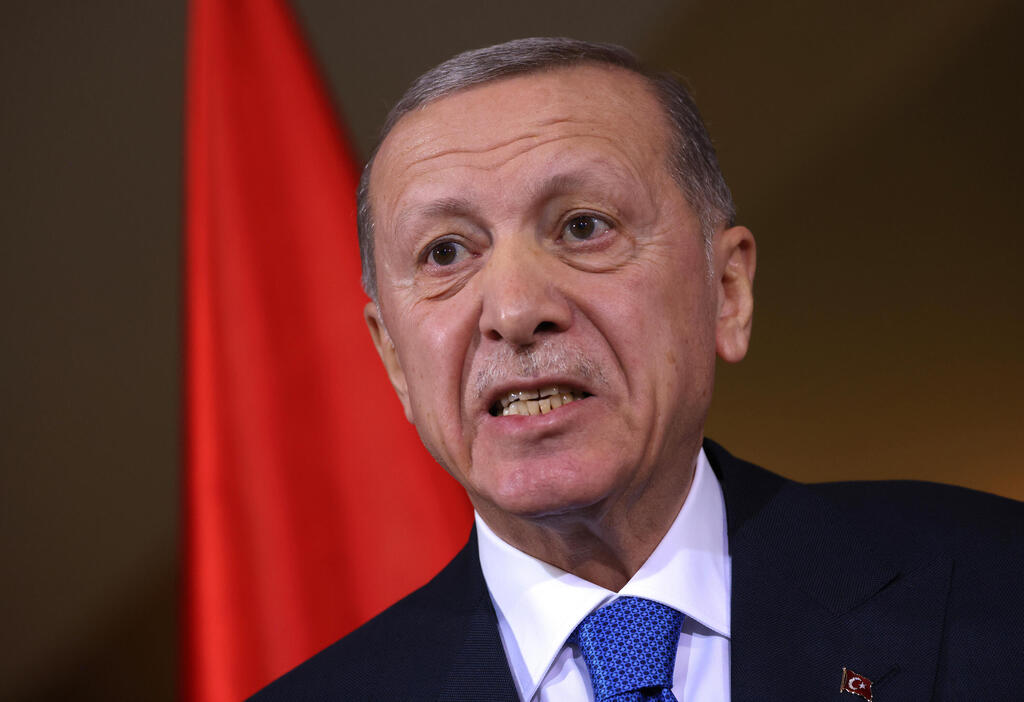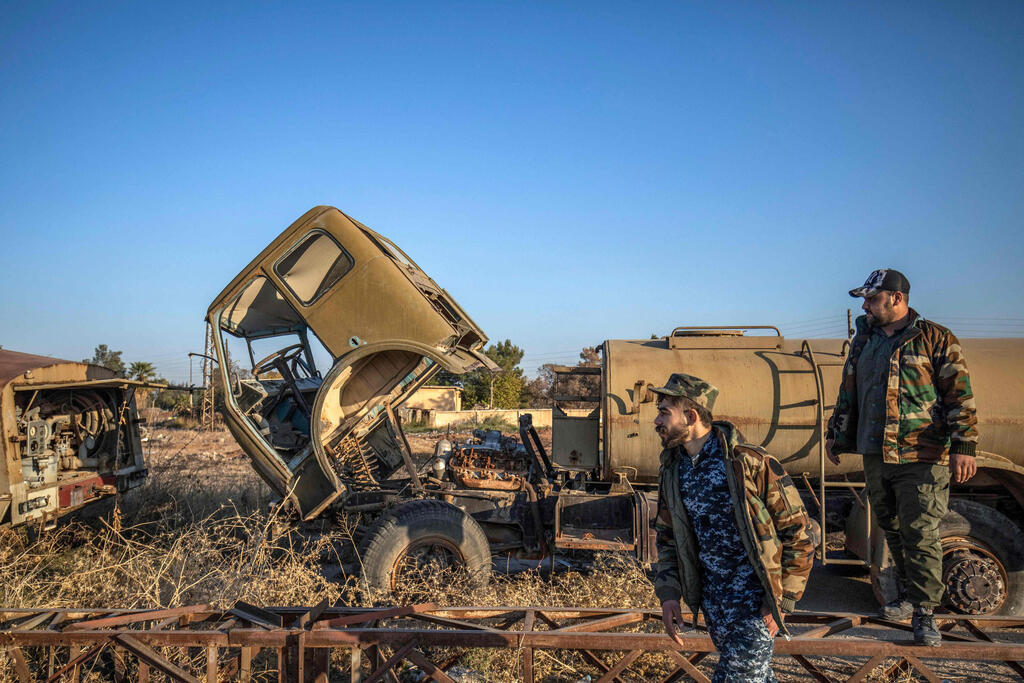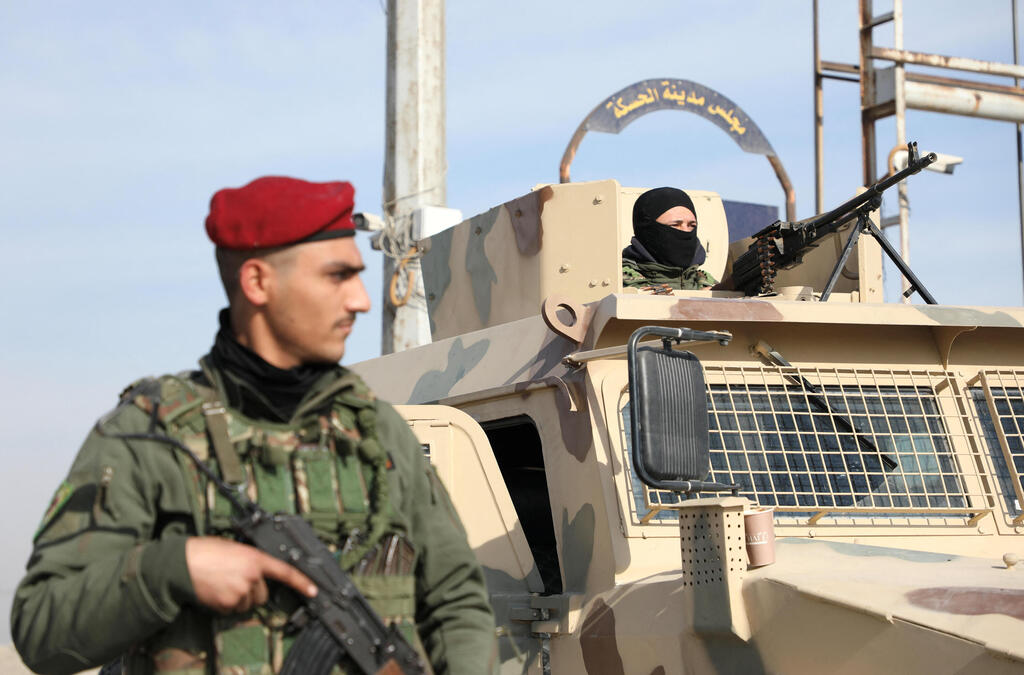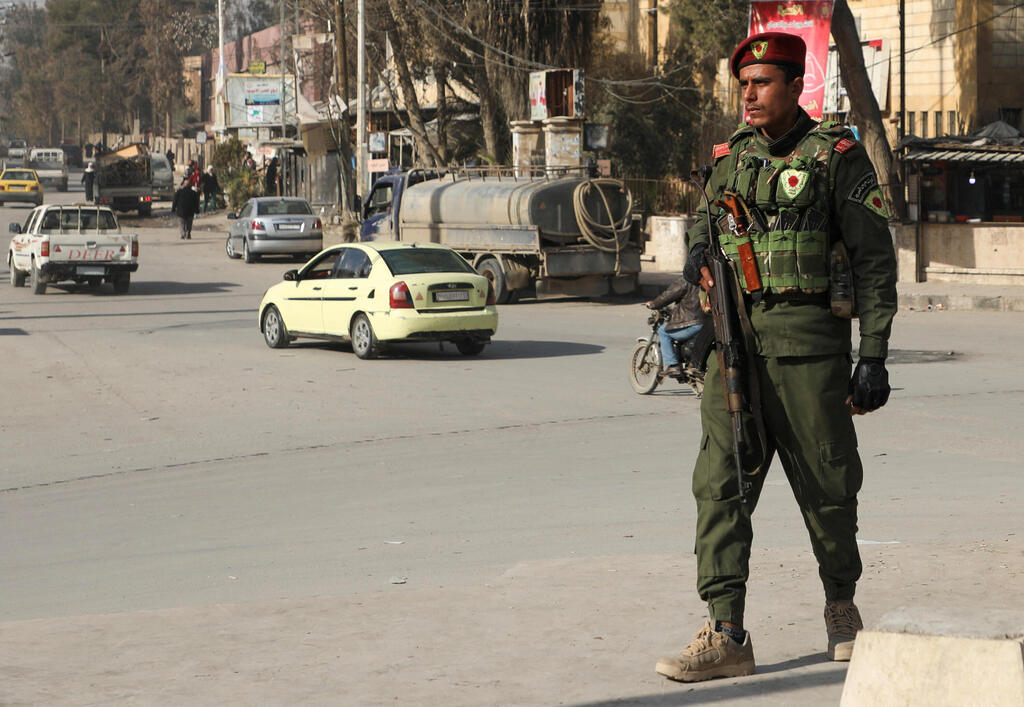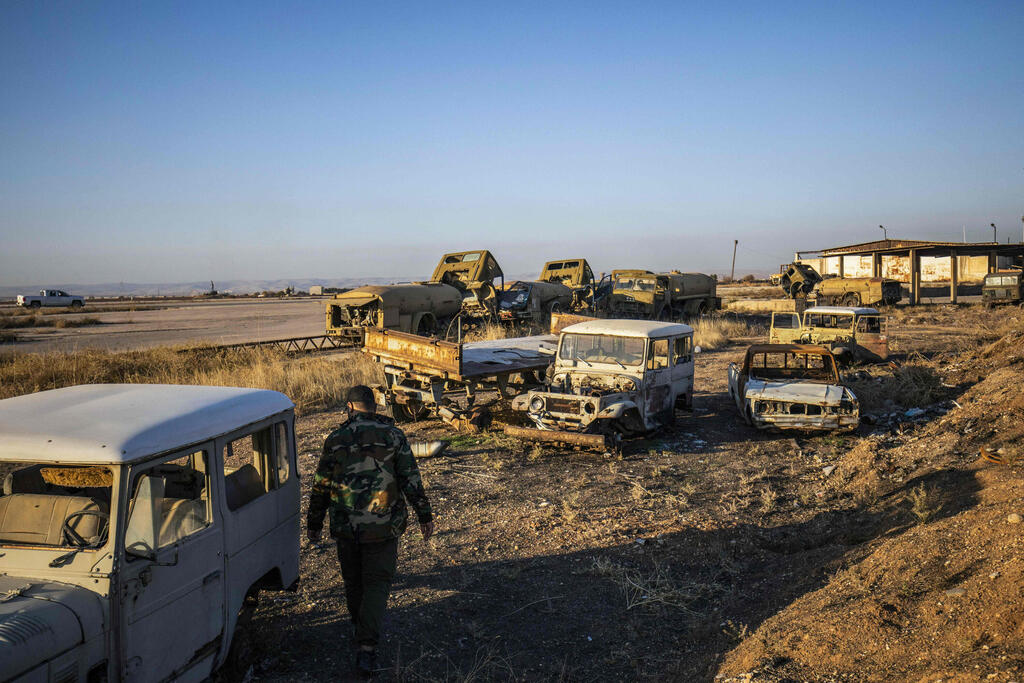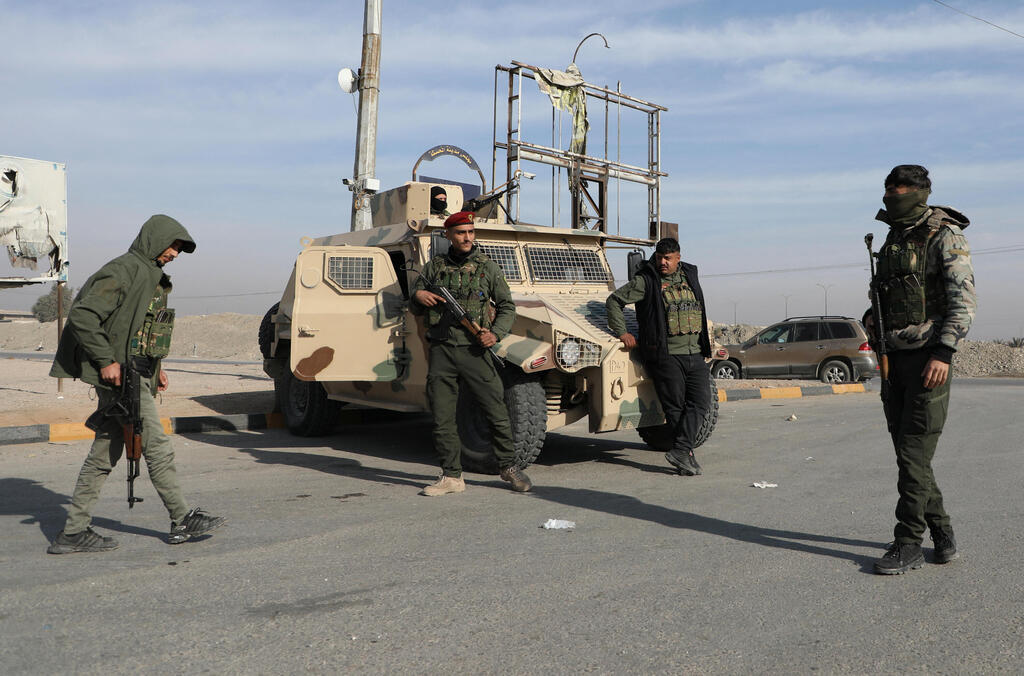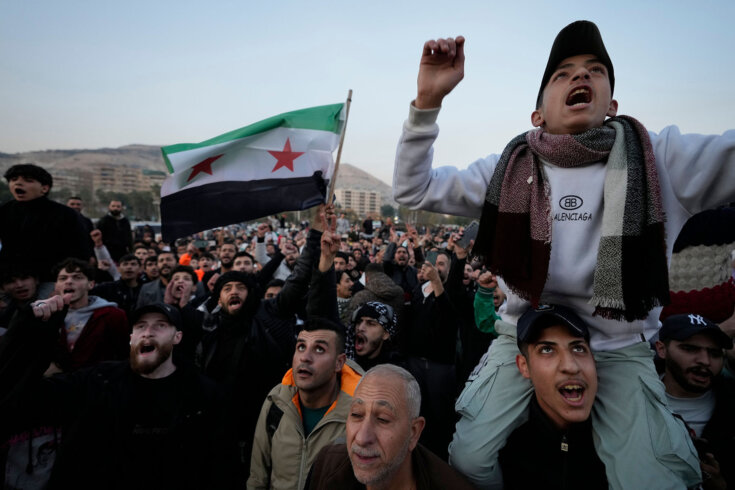Israel’s Wars Repeat The 1980s On Steroids – Analysis

President Ronald Reagan speaking on the telephone. Photo Credit: Reagan White House Photographs, Wikimedia Commons
Appalled by Israel’s carpet bombing of Beirut during the 1982 Lebanon war, United States President Ronald Reagan didn’t mince words with then-Israeli Prime Minister Menahem Begin.
“I was angry. I told him it had to stop, or our entire future relationship was endangered. I used the word holocaust deliberately & said the symbol of his war was becoming a picture of a 7-month-old baby with its arms blown off,” Reagan noted in his diary.
The August 1982 phone call between Reagan and Begin provides a template for the US’s ability to twist Israel’s arm and the limits of the Western giant’s influence.
Begin wasted no time in halting his saturation bombing of the Lebanese capital in response to Reagan’s threat. Yet, he rejected the president’s demand that he allow an international force to enter Beirut to protect the hundreds of thousands of Palestinian refugees in the Israeli-besieged city. His refusal had dire consequences.
A month later, at least 800 Palestinians, many of them women and children, were massacred in their homes in Sabra and Shatila in West Beirut by Lebanese Christian gunmen under the watchful eyes of the Israeli military. Public outrage in Israel forced Begin to resign, ending his career.
Biden failed where Reagan succeeded
More than four decades later, US President Joe Biden understood the stakes when Israel went to war in response to Hamas’s October 7, 2023 attack on Israel. He also knew the levers of power at his disposal after test-driving Reagan’s approach in 2021.
At the time, Biden, like his predecessor, picked up the phone to read Israeli Prime Minister Benjamin Netanyahu the riot act. As a new book on Biden, The Last Politician, describes, it was his fourth phone call to the Israeli leader in ten days in which behind-the-scenes diplomacy and cajoling failed to end fighting between Israel and Hamas. The president advised him that he “expected a significant de-escalation today on the path to a ceasefire.” When Netanyahu sought to buy time, Biden replied: “Hey man, we’re out of runway here. It’s over.”
Netanyahu and Hamas agreed to a ceasefire a day later. Even so, he knew then and now that he had less to worry about than Begin did with the Reagan presidency.
In contrast to Reagan’s administration, which allowed the United Nations Security Council to pass 21 resolutions criticizing, if not condemning, Israel’s policies, Biden gave Israel blanket diplomatic cover and provided it with arms. With these, it could prosecute wars that make 1982 pale in comparison.
Biden’s test-driving of Reagan’s template, familiarity with the Israeli interventions in Lebanon and annexationist policies in the 1980s and beyond, coupled with his predecessor’s willingness to confront Begin in the 1982 war leave the president with little excuse for refusing to rein Israel in over the past year.
Biden’s failure has tangibly devastating consequences for the Palestinians and yet to materialize fallouts for Israelis and the rest of the Middle East. These will haunt the region for a generation, if not more.
Like Begin, Biden will likely see his legacy sullied by Israeli conduct on the Middle East’s battlefields.
Historic destruction may only increase
A heated encounter with Begin during the 1982 war, which involved finger jabbing and fists pounding on a table, spotlights Biden’s lack of an excuse. Echoing Reagan, Biden warned Begin that Israeli settlement policy could cost it US support. In response, Begin snapped, “I am not a Jew with trembling knees.”
Forty-two years later, Biden studiously ignores the fact that Israel’s latest Gaza and Lebanon wars are a repeat of the early 1980s on steroids.
Begin created the template for Israel’s systematic targeting of militants irrespective of the risk to civilians with the 1981 bombing of Fakhani. This densely populated Beirut neighborhood was home to the Palestine Liberation Organization (PLO) and its affiliates. The bombing destroyed a seven-story building and damaged four nearby structures, killing some 90 people and wounding hundreds of others.
In a letter to Reagan, written during Israel’s 1982 invasion of Lebanon, Begin compared the carpet bombing of Beirut to the Allied destruction of Berlin during World War II.
“I feel as a prime minister empowered to instruct a valiant army facing ‘Berlin’ where, amongst innocent civilians, Hitler and his henchmen hide in a bunker deep beneath the surface,” Begin said.
Begin’s equation of PLO chairman Yasser Arafat and his organization with Adolf Hitler and his associates, like Netanyahu equating Hamas with the Nazis, served to justify civilian casualties in operations that were as much about targeting fighters as they were designed to incite the local population against the militants.
“In certain cases, the Israeli shelling and bombing were carefully targeted, sometimes on the basis of good intelligence. All too often, however, that was not the case. Scores of eight-to twelve-story apartment buildings were destroyed… Many of the buildings that were levelled…had no plausible military utility,” recalled historian Rashid Khalidi, who lived in Beirut at the time of the 1982 bombings.
The strategy produced mixed results but, on balance, hardened rather than weakened popular resistance to Israeli policies.
There is little reason to believe that the impact of Israel’s current wars will be any different. Israel has already prepared the ground by turning Gaza into what onetime Australian human rights commissioner and United Nations rapporteur Chris Sidoti calls a “terrorism creation factory.”
- This article was published at Fair Observer and The Turbulent World first published this piece.
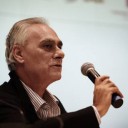
James M. Dorsey
Dr. James M. Dorsey is an award-winning journalist and scholar, a Senior Fellow at the National University of Singapore's Middle East Institute and Adjunct Senior Fellow at Nanyang Technological University's S. Rajaratnam School of International Studies, and the author of the syndicated column and blog.
 Ahmed al-Sharaa, leader of the Islamist Hayat Tahrir al-Sham rebel group, at the historic Umayyad mosque in Damascus (Photo: Aref Tammawi/AFP)
Ahmed al-Sharaa, leader of the Islamist Hayat Tahrir al-Sham rebel group, at the historic Umayyad mosque in Damascus (Photo: Aref Tammawi/AFP)








